Stroke on increase in Nigeria
Dr Biodun Ogungbo is a Consultant Neurosurgeon and Director, Stroke Action Nigeria. He currently practices at Lifebridge Diagnostic Centre, Abuja. A passionate crusader against stroke, Ogungbo says incident of stroke is on the increase in Nigeria and there’s need for more awareness about it in the country Excerpts:
What is stroke as a disease condition?
Stroke is a problem that occurs in the brain. It occurs when there is no blood supply to a part of the brain which makes that part of the brain suffer. It means therefore that whatever functions that part of the brain does, stops. If for example, it is the part of that brain that supplies eyesight, or to do with hearing or moving the arm or legs or speech. If there is no blood supply to that part of the brain, then, that part of the brain becomes injured. It means it stops functioning. That is essentially what stroke is. Stroke is common in Nigeria. It is on the increase in Nigeria and it is something that most Nigerians, perhaps, they know little about the real problem and the magnitude of the problem. Stroke is also something that there are misconceptions and myths surrounding it, which we need to debunk. The key facts is that every Nigerian knows or is aware of somebody who has suffered a stroke, either it is in the family or is in the neighbourhood or has heard of some prominent figures who have suffered a stroke. So, it is something that is prevalent in Nigeria. There are four major blood vessels that go into the brain and these vessels carry blood from the heart to the brain. The blood needs to be cleaned and it needs to flow properly. If there is any debris like cholesterol or lumps of fat, blood cloths, or even narrowing of the blood vessel, these can reduce the amount of blood going into the brain; especially if there is reduction in the blood going into different parts of the brain. Then, that area of the brain suffers.
The major risk factor for stroke in Nigeria is hypertension or high blood pressure. Other conditions such as diabetes, obesity, smoking, sickle cell disease are some of the other risk factors for stroke. Certainly, of course, even just being black, Nigerians, Africans, black people in general, predisposes us to stroke. Stroke is also a condition that can run in families. So, if somebody in a family has had a stroke, other people in the family are at an increased risk because they will all be predisposed in the same environmental factor which may be affecting their families. Or, in some situations, they have some genetic problems which run in the family and therefore predispose them to suffering from stroke. So, if a stroke has happened, especially, if it is a small stroke, it is important to take that as a warning sign and then do whatever we can, both the doctor and the patient, to prevent a bigger stroke. The fact is that once one stroke has happened in the inside, another one might happen. And, if it keeps happening like that, then the patient will become disabled or die in due course. A first stroke or an initial stroke is actually a big warning sign to say there is a risk factor for stroke in that person. And, so, they must do all they can to prevent further stroke from happening. Somebody who has had a small stroke needs to go to hospital and not ignore it and think because the stroke has gone away, “my arm is now functioning; that is the end of the matter,” it is often time not the end of the matter. That is actually a warning sign that there is a bigger stroke coming.
Does stroke affect only the brain among all the parts of our body?
For stroke, yes, it only affects the brain. In a way, it can also affect the spinal cord. But, when we talk about stroke per se, stroke is definitely in the brain. It means there is no blood supply to that part of the brain. If for example, there is no blood supply to the left side of the brain, then, the person becomes paralysed. If there is no blood supply to a part that supplies eyesight, then, they become blind, or deaf. They lose their speech or have difficulty in walking; they become confused. Depending on what part of the brain it affects, that is the kind of sign the patient shows. No two people have the same kind of stroke. Everybody has it differently. Stroke affects different parts of the brain and everybody has their own different problems. Some people with hypertension, some with diabetes, some people are obese; some who smoke, some who have sickle cell disease. It affects different people, some are elderly; some are children. Stroke can affect anybody. As I said, it is because of the poor blood supply to either all of the brain or a particular part of brain.
What are therefore the symptoms of stroke?
What we teach is the acronym called FASE which means facial weakness, arm weakness, problem in speech and you need to telephone or go to the hospital as quickly as possible. For stroke, if anybody has weakness of the face, if they have weakness of the arm or leg, if they have problem with speech, or they have difficulty in walking, if they have sudden confusion, sudden severe headache, then, that essentially is stroke; they need to go to the hospital. Those are the symptoms of stroke.
How can we prevent stroke?
The most important prevention is lifestyle or choices and changes that we must make. People who smoke must stop smoking. People who are alcoholic must stop drinking. People who are obese must lose weight. Those who do not exercise have to get out and exercise; to keep heart going properly. Anybody who has been diagnosed as having hypertension must continue to do whatever they can to keep the blood pressure under control. If people think that hypertension goes away, that it can be treated or cured by pastors or imams or they take some native medications; that is a big mistake. Hypertension doesn’t go away, that is why we call it silent killer. It can be normal today and tomorrow it goes high. That is why we need continued perfect control.
As a Consultant in this field, how would you compare the prevalence of stroke with other major diseases in Nigeria?
I think stroke is on the increase in Nigeria. It probably comes behind road traffic accident and cancer as a major cause of death. So, stroke is either the third or fourth killer disease and it is a major cause of disability in Nigeria today. It is a big issue; it is a really big problem.
How can stroke be treated as a disease condition?
For us in Nigeria, the most important treatment is prevention. We have to do whatever we can to prevent people from having stroke; which means we need to inform people out there on what causes stroke. We need to tell people that if they have any symptom of stroke, they must go to hospital immediately; that is the best time. The earlier we see the patient, the better for the patient. One of the things we say about stroke is that time is brain. With stroke, you waste time, you lose brain. The sooner you get to the hospital, the more brain you salvage. The later you get to the hospital, the more brain you lose. In fact, some people become older once they have the stroke. And, that is because the brain has been damaged. You will find out that somebody who is 40 years old goes into hospital with a stroke. Within a few days, they come out and go home; and they look like a 60-year-old. That is because stroke actually ages you by damaging your brain. The other treatment is when somebody has had a stroke; we need to help them to salvage as much brain as possible. We need to keep more brain alive for them. We also then start working hard to prevent another stroke from happening. We also do rehabilitation. We try as much as possible to get the patient back to the way they were or as close to the way they were before they had the stroke. This means helping them with physical therapy, with speech therapy, to make them function the way they were before. If it is possible, we turn them back to being in a husband, back to being a wife, back to being a breadwinner for the family. Those are the ways stroke should be managed locally.
Would you say stroke is curable?
Stroke is not curable but it is manageable. Stroke is treatable but it is not curable in the sense that if somebody has had one stroke, they can have another one. They are at an increased risk of having another one. So, stroke can be managed in the sense that we can help in reducing the disability and preventing another stroke. We can help with treatment of the stroke if it has happened. But, talk about cure, it is akin to having a miracle; the hand of God on that person. This is why a lot of people go to prayer houses. But, the best thing for stroke is to prevent it from happening.
Can stroke lead to mental disorder since it affects only the brain?
Of course, yes. Stroke can lead to damage of a lot of important parts of the brain so that the person can lose their personality. They can become permanently confused. They can stop functioning as a husband, as a wife or as a breadwinner. Stroke can damage the brain in such a way that people can start having seizures; they become epileptic. It can lead to dementia; where they don’t know who they are, where they are, or what they are doing. So, they have to be cared for 24 hours a day. Stroke can certainly damage the brain and it can lead to death. In Nigeria today, almost half of people who have a stroke died within a few months; between two and three months, they are dead. It is a devastating illness.
Do we have adequate facilities and personnel for the treatment of this disease condition in Nigeria?
We certainly do not. We do not have enough facilities to help manage patients with stroke. I have no information about us having proper rehabilitation centres. We don’t have enough of anything. We don’t have enough people who specialize in cancer care, we don’t have enough of brain surgeons or neurologists or stroke physicians. We are in short supply of so many different cadres of personnel. Certainly, we don’t have people to look after patients with stroke.
About author
You might also like
WAAW: Nigeria must implement laws to curb antibiotic resistance – Experts
As Nigeria joined the rest of the world to mark the 2020 World Antimicrobial Week (WAW), experts have advocated the need to implement various regulations and policies on rational use
NCOV: Health minister commends Lagos level of preparedness
The Minister of Health, Dr. Osagie Enahire has commended the Lagos State Government for its cutting edge preparedness against the outbreak of infectious diseases in the state especially the
Polio: Nigeria gets WHO delisting certificate
The World Health Organization (WHO) today presented Nigeria a certificate formally delisting it from the Polio-endemic countres. The delisting certificate was presented to President Muhammadu Buhari at the State House

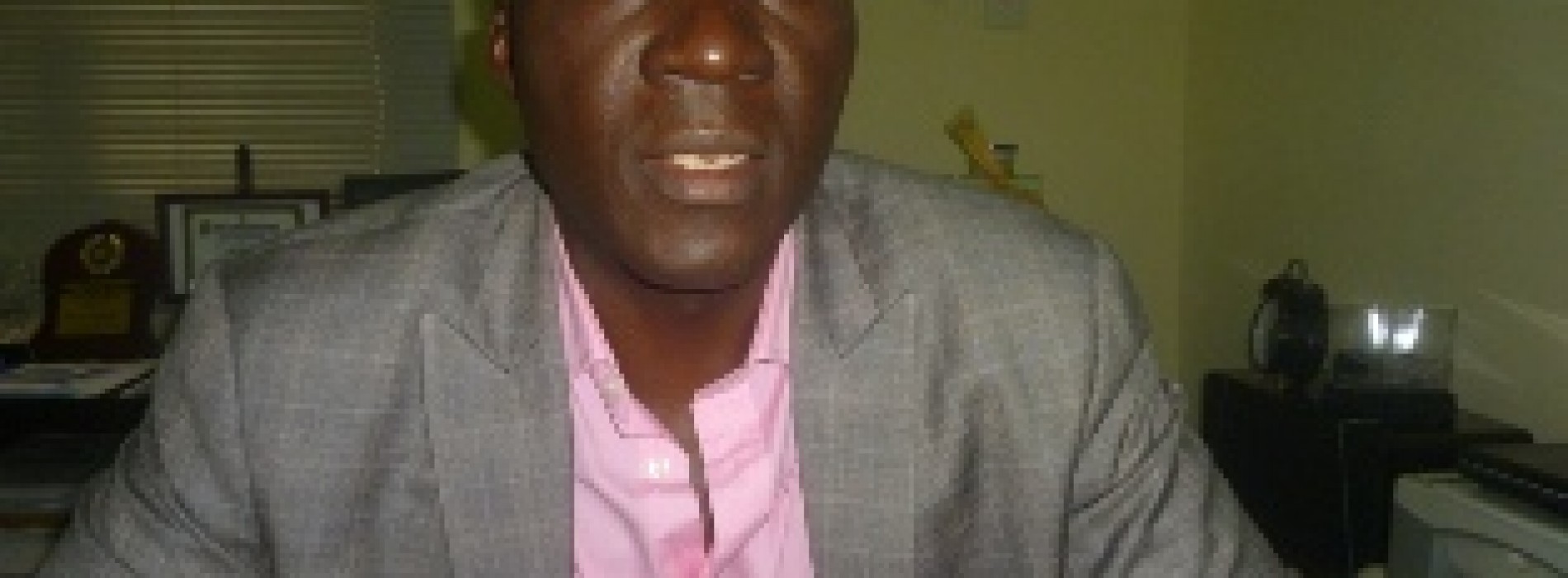
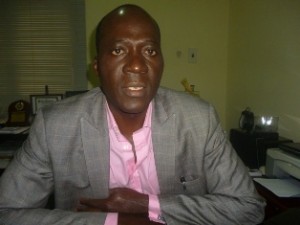
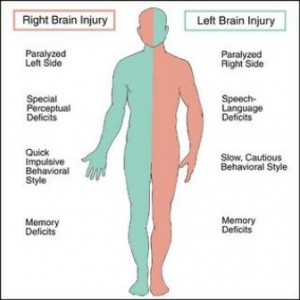
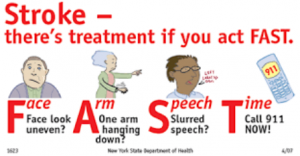
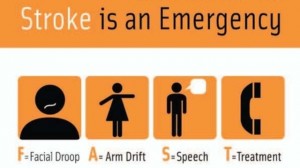
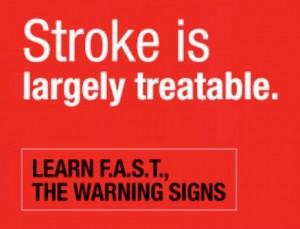
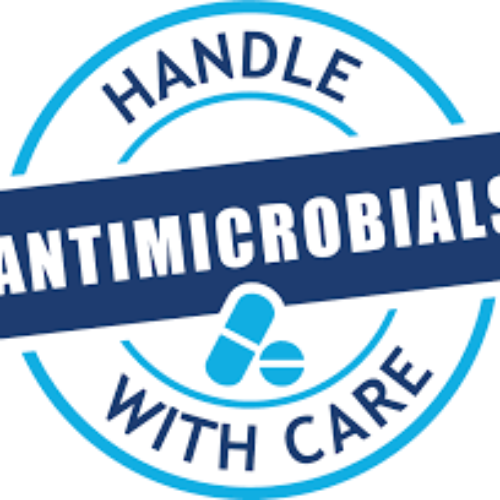
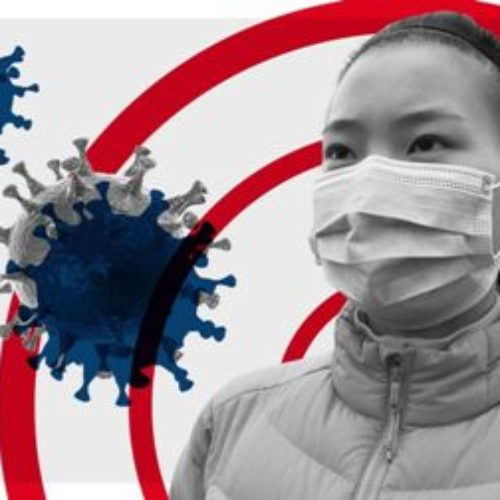



0 Comments
No Comments Yet!
You can be first to comment this post!